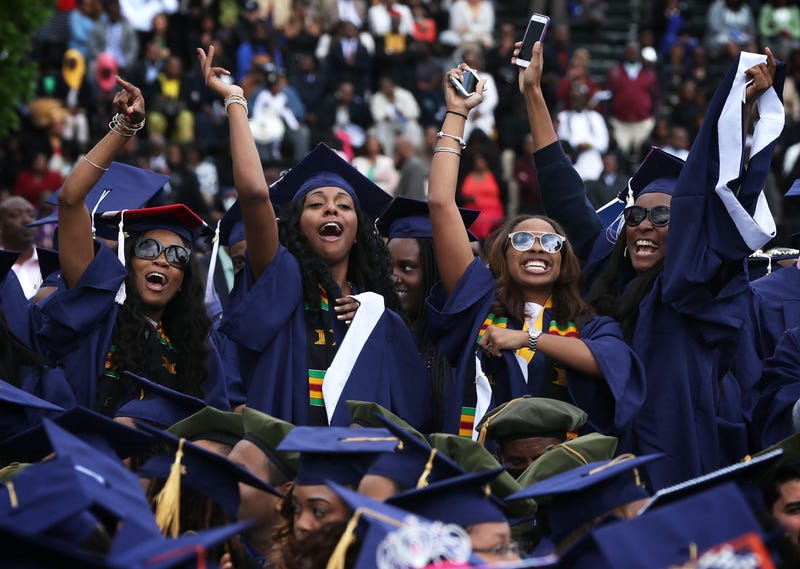
Silicon Valley staples Apple and Google announced tens of millions of dollars in grant money the companies will award to historically Black colleges and universities (HBCUs).
Apple’s “Innovation Grants,” worth $5 million each, are part of its $100 million Racial Equity and Justice Initiative organized last year after the death of George Floyd. The three-year grant helps mold students for jobs in the tech sphere, specifically hardware and computer chip design and computer architecture. Students at Howard University, Morgan State University, Alabama A&M University, and Prairie View A&M University will benefit from the investment.
“The HBCU community is home to incredible Black talent and we are thrilled to work alongside these universities to enhance the opportunities for their students," said Apple vice president Lisa Jackson in a statement. "We want to help ensure the leaders of tomorrow have access to transformational learning opportunities.”
Howard, Morgan State, and Prarie View were also named as recipients of Google’s grants aimed at narrowing the employment diversity gap in the technology field. The $5 million grant from Google will also go to Florida A&M University, North Carolina A&T State University, Spelman College, Tuskegee University, Xavier University, Clark Atlanta University, and Claflin University.
In a blog post, Google described the gift as its biggest underwriting for HBCUs to date.
"These initiatives are designed to build equity for HBCU computing education, help job seekers find tech roles, and provide opportunities to accelerate their careers," said Google chief diversity officer Melonie Parker.
Black technology professionals make up only 5% of the entire workforce and 3% of chief executives, according to a report from the Kapor Center, an organization focused on diversity in STEM fields. Over the last six years, Black representation in tech increased by only one percentage point. At this rate, Black tech employees would reach equal representation in the workforce in 2068, the center said.
"That said, they need to do more than put in money,” Bhaskar Chakravorti, a professor at Tufts University, told USA Today. “They need to have a systematic strategy to hire the graduates from these programs.”

